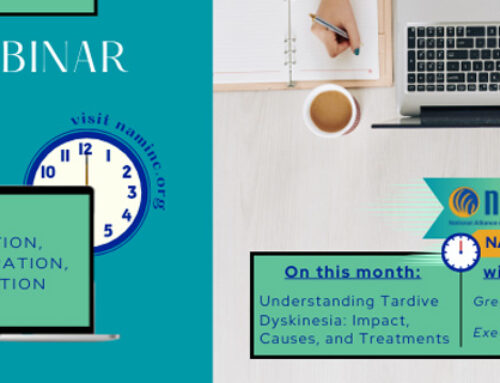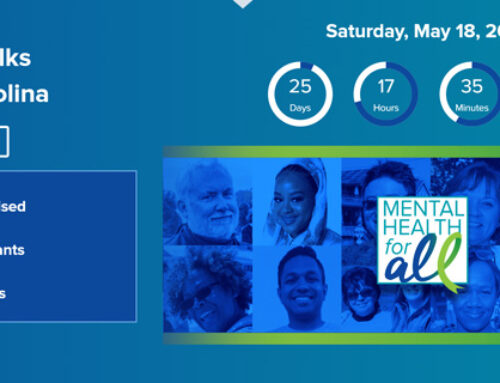While Andy Williams crooned that this is “The Most Wonderful Time Of The Year“, past surveys have revealed that 64% of people with mental illness report holidays can actually make their conditions worse. Here are a few tips compiled from NAMI affiliates on how you can reduce stress and maintain good mental health during the holiday season.
Accept your needs. Be kind to yourself. Put your own mental and physical well-being first. Recognize what your triggers are to help you prepare for stressful situations. Is shopping for holiday gifts too stressful for you? What is making you feel physically and mentally agitated? Once you know this, you can take steps to avoid or cope with stress.
Write a gratitude list and offer thanks. As we near the end of the year, it’s a good time to reflect back on what you are grateful for, then thank those who have supported you. Gratitude has been shown to improve mental health. 2020 has been an especially challenging year for us all. In the midst of it all, is there something or someone for whom you are grateful?
Prioritize your time and activities. Making a day-to-day schedule helps ensure you don’t feel overwhelmed by everyday tasks and deadlines. It’s okay to say no to plans that don’t fit into your schedule or make you feel good.
Be realistic. Even pre-pandemic, the happy lives of the people shown in those holiday commercials are fictional. We all have struggles one time or another and it’s not realistic to expect otherwise. Sometimes, it’s simply not possible to find the perfect gift or have a peaceful time with family. (Yes, even Zoom family gatherings can be stressful!)
Set boundaries. Family dynamics can be complex. Acknowledge them and accept that you can only control your role. If you need to, find ways to limit your exposure.
Practice relaxation. Deep breathing, meditation and progressive muscle relaxation are good ways to calm yourself. Taking a break to refocus can have benefits beyond the immediate moment.
Exercise daily. Schedule time to walk outside, bike or join a dance class. Whatever you do, make sure it’s fun. Daily exercise naturally produces stress-relieving hormones in your body and improves your overall physical health.
Avoid alcohol and drugs. They don’t actually reduce stress: in fact, they often worsen it. If you’re struggling with substance abuse, educate yourself and get help.
Get outdoors. Studies show that time in nature reduces stress.
Volunteer. The act of volunteering can provide a great source of comfort. By helping people who are not as fortunate, you can also feel less lonely or isolated and more connected to your community.
Seek support. Whether it’s with friends, family, a counselor or a support group, airing out and talking can help. Resolve to consider attending a free support group or educational class provided by your local NAMI NC affiliate.
Keep up or seek therapy. If you’re feeling overwhelmed, it may be time to share with your mental health professional. They can help you pinpoint specific events that trigger you and help you create an action plan to change them. If you’re already seeing a therapist, keep it up.





